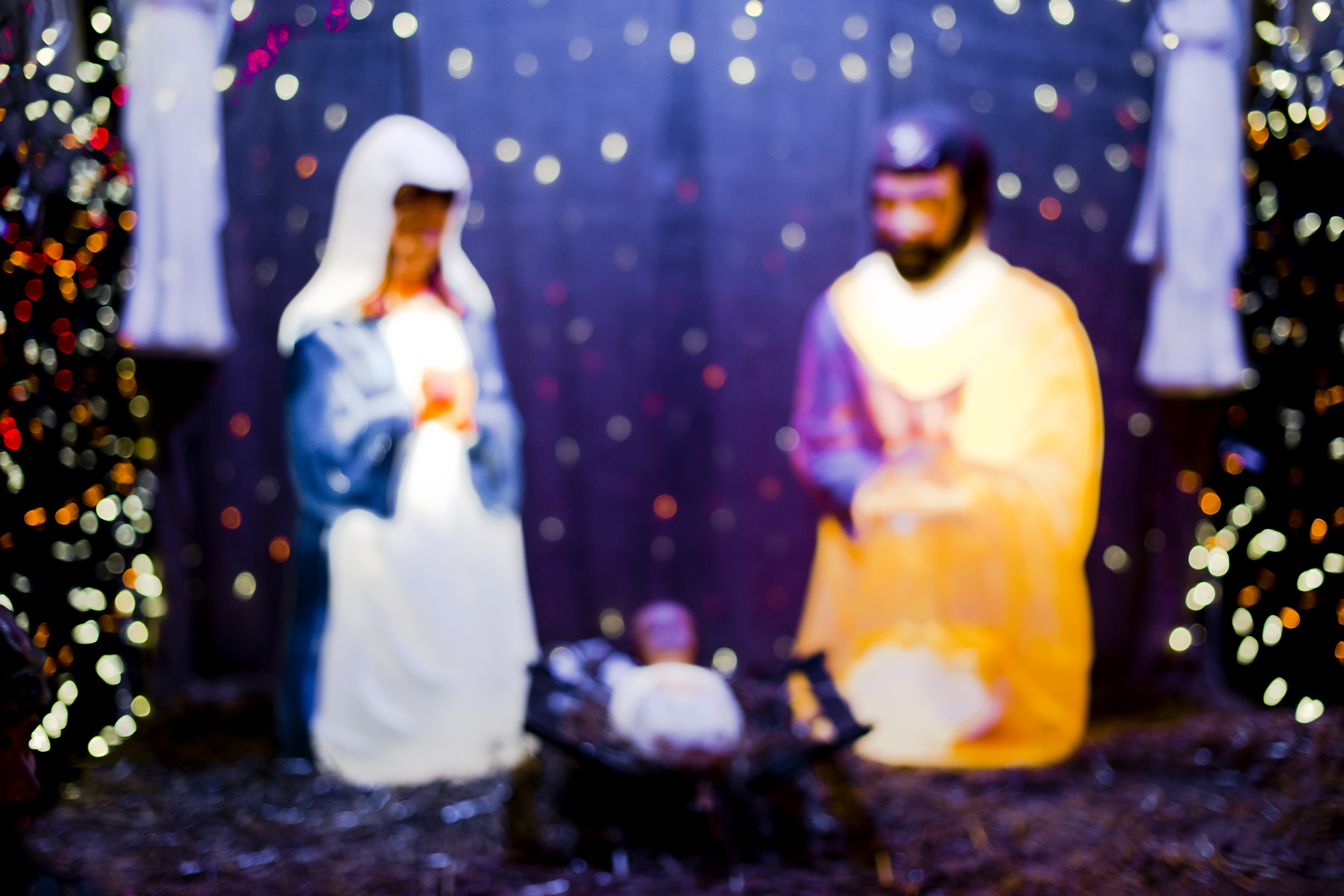by Margarita Mooney Clayton on December 22, 2011
This post originally appeared on the Black, White, & Gray blog.
For much of my adult life, leisure has been something of a bad word. Isn’t what I learned in my years studying at Ivy League schools followed by joining the ranks of university professors that I’m made to do intellectual work, and pretty much 24/7?
Until recently, I thought leisure was what I do when I’m too tired to work. After much prodding, I finally read Josef Pieper’s Leisure the Basis of Culture. While clearly upholding the material and spiritual value of all work, Pieper critiques the modern view of life as “total work.” Although no one really works 24/7, the ideological commitment to “total work”, subscribing to the idea that hard work defines the good life, can be just as harmful as (almost) never taking a break from work.
Why? Because, Pieper masterfully explains, the view that the highest good is found in hard work emphasizes reason and cognition as the only path to knowing. As an intellectual, I rightly prize knowledge. But Pieper challenges us: is knowledge only acquired through arduous mental labor? Pieper asserts:
“The essence of knowledge does not consist in the effort for which it calls, but in grasping existing things and in unveiling reality. Moreover, just as the highest form of virtue knows nothing of ‘difficulty,’ so too the highest form of knowledge comes to man like a gift–the sudden illumination, a stroke of genius, true contemplation; it comes effortlessly, and without trouble.” (p. 34)
Despite the lip-service I paid to the ideology of intellectual work as “total work,” in reality, to persevere in the intellectual life as a profession requires both hard work and many, many moments where ideas inspire you and show you a deeper reality about a topic. How many times did I despairingly think “I can’t revise this dissertation (or book) anymore!” and then the next morning, a bright idea popped into my head and I kept going. “Total work” would shut down my mind’s and heart’s ability to grasp those deeper realities that constitute knowledge.
Leisure is not laziness, nor is it acedia, which Pieper defines as sadness overwhelming man “when he is confronted with the divine goodness immanent in himself” (p. 44). So what is leisure? Pieper writes:
“Leisure… is a mental and spiritual attitude… it is not the inevitable result of spare time, a holiday, a weekend or a vacation. It is, in the first place, an attitude of mind, a condition of the soul” (p. 46).
So as we approach this Christmas holiday weekend and prepare our vacation bags, are we going to have leisure? Or are we going to need a vacation from our vacation? According to one writer, American take vacations but plain stink at relaxing, and it may be because we even approach vacation time like work, not like leisure.
Let’s take a tip from Pieper and celebrate this holiday, this Christmas Holy Day. Celebration is the core of leisure and the basis of divine worship. In celebration, we affirm the universe and our experience of it, and divine worship is the most celebratory affirmation we can make, or as Pieper puts it, “The most festive festival possible is divine worship” (p. 65).
In a paper I’m currently writing with Nicolette Manglos, we argue that our understandings of liturgy or prayer are often instrumental: we pray or worship to get something else–solve a material problem, assure ourselves of salvation, or just feel better emotionally. Rational choice theory in sociology of religion, for example, often emphasizes extraordinary religious actions—like martyrdom, or other extreme forms of sacrifice—as the highest expression of religious commitment, overlooking that virtuous practices do not always have to entail extreme forms of self-denial. In fact, Aquinas argued that being virtuous is not always choosing what is most difficult, as virtue leads to love and ultimately the fulfillment of happiness, states of being we should enjoy.
To celebrate, to relax, to worship, and to enjoy are every bit as human as to work. This Christmas season, many of us will go to liturgy or prayer services. When we do, let us recall that leisure, liturgy, and divine worship celebrate our being and thereby open our minds to the highest forms of knowing, leading us to happiness. Leisure is not a bad word, leisure is basis of culture, and leisure is the path to knowing ourselves as we truly are.
